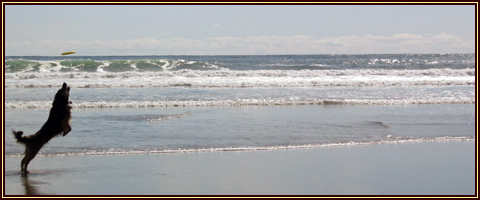Jack Russell Training Strategies To Get Good Results
It’s extensively accepted that the better trained your furry companion is, the better quality of a relationship the both of you will love. Well-trained and well-socialized dogs are a pleasure to be around and could make pet ownership an enjoyable aspect of your life. Thus in order to improve your relationship with your canine pet, continue reading to find out some techniques to obtain positive result from Jack Russell training.
During dog training, keep your objectives and expectations for your canine companion sensible. Much like when you attempt to learn something new, your furry pet is not going to learn new tricks the very first time you teach him. Different breeds and even different dogs within the similar breed will have various amounts of receptivity towards training. Hence if you observe that your neighbor’s dog aces a command within a day or two, do not foresee that it will goes similar for your four-legged pet. Your canine may learn quicker, or less quickly, than that.
Even though numerous dog owners are are having doubts crate training, there is fairly a bit of benefit in carrying it out. Many dogs like to have a place they could consider their own and they will never lose track of that area. It will help in canine separation anxiety and interestingly, with potty training. To train your four-legged pet to get accustomed to crate, keep it (crate) in the area where you and your dog are bonding. When he gets tired playing, he will obviously gravitate towards the crate because doing so doesn’t isolate him from you.
During Jack Russell training, do not get angry or distressed if your canine does not learn a new trick at once. New tricks take time to master and need patience and perseverance from you. Praise your furry pet for every correct response and try not to get frustrated. Your canine pet can sense your frustration and that may cause him to become disappointed.
Instead of feeling disappointed and use aggressive training methods, consider using reward-based technique. Reward could be treats, praise, toys, time to play or gestures of affection. Nevertheless, keep in mind not to give treats to your four-legged companion for no reason and never feed your canine pet at the table. Feed your canine his dog food in the same place, at the same time, daily. Reward, in contrast must be given during training time. Moreover, praise and petting are amply signs that you are friends with your canine companion. A lot of treats at the wrong occasions will create a spoiled, obese dog.







